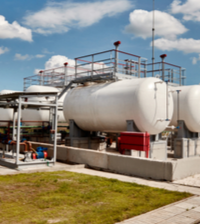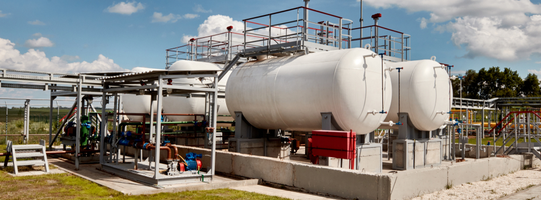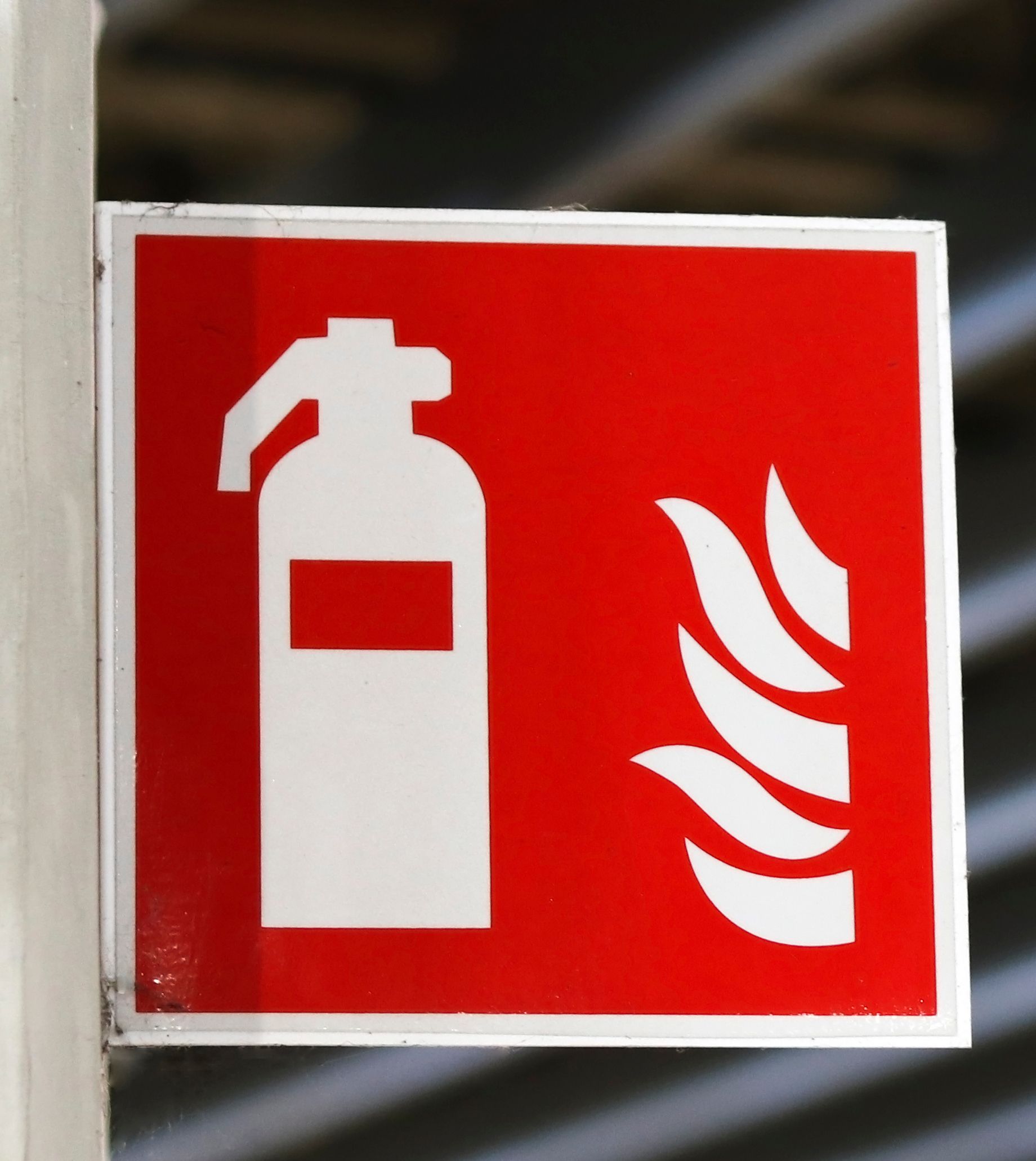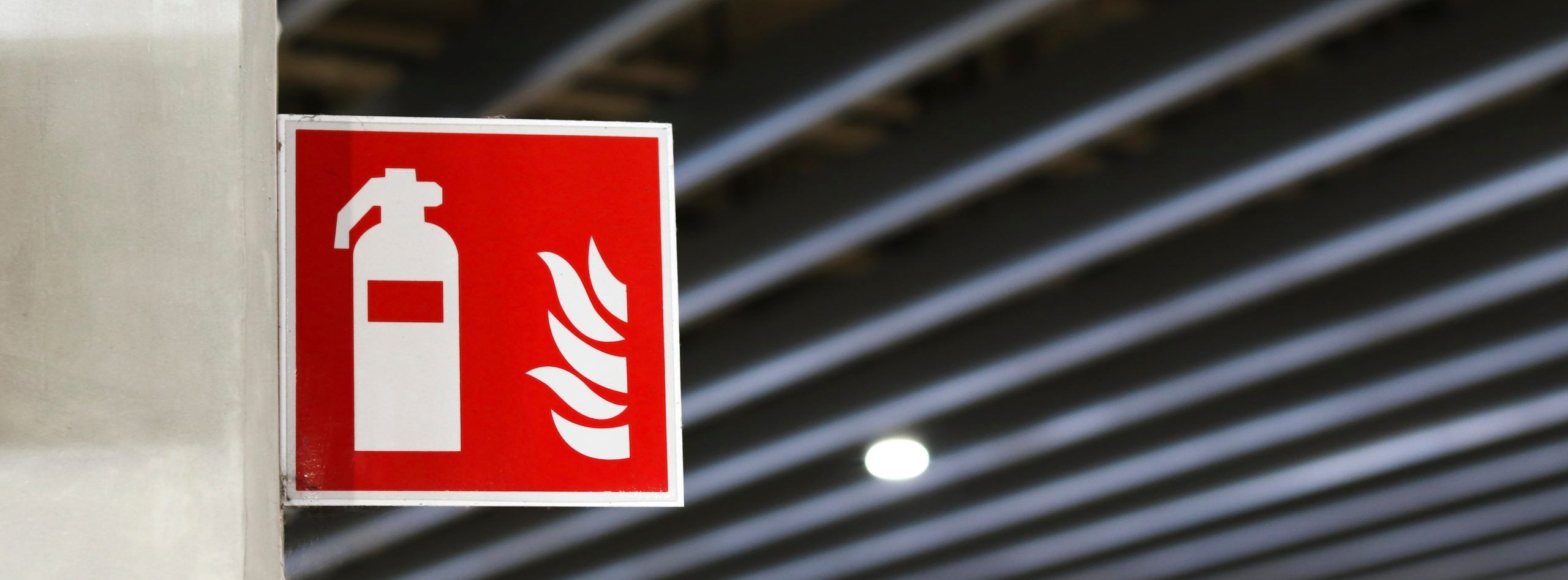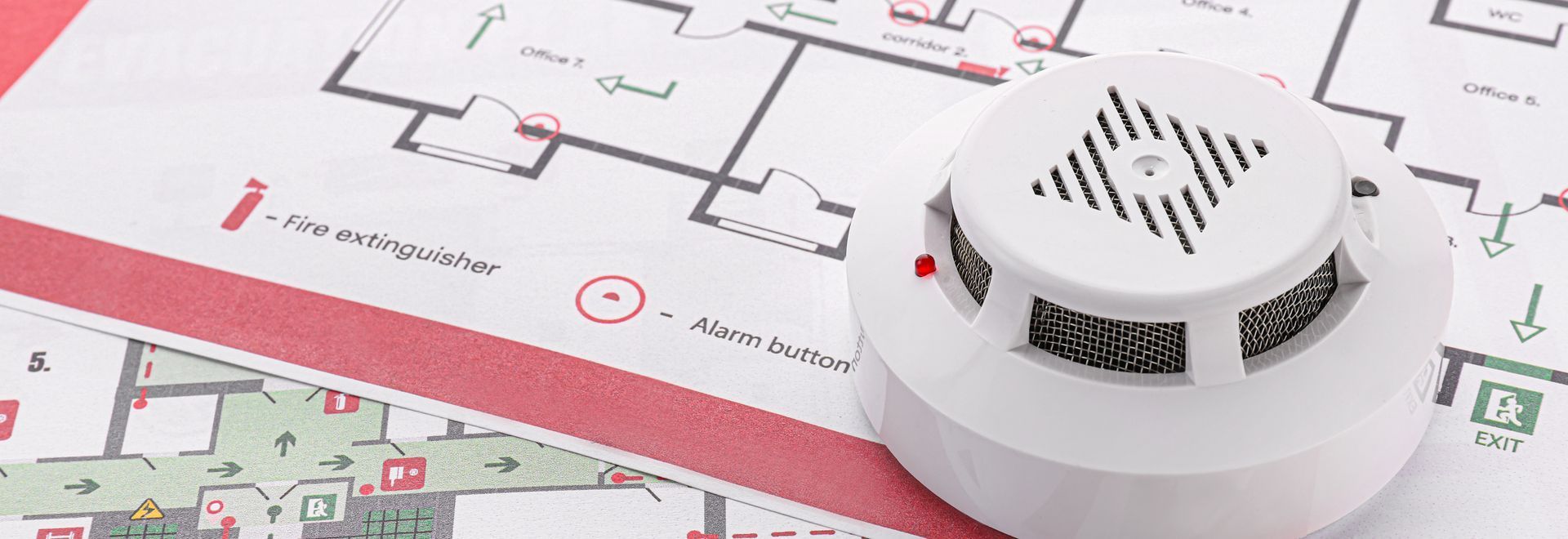Solution: Drinking water hygiene & legionella prevention
Solution: Drinking water hygiene & legionella prevention
Drinking water hygiene & legionella prevention: safety for your system
In which region do you need this solution?
Drinking water hygiene & legionella prevention: safety for your system
Professional testing of drinking water installations including risk analysis
The quality of drinking water in buildings depends largely on four factors:
- Flow rate
- Temperature control
- Regular water exchange
- Minimized nutrient supply
Drinking water hygiene includes all measures to prevent quality defects in drinking water systems. This is based on legal requirements and standards such as
- EU Drinking Water Directive
- STANDARD B5019, B5021, B1921
- STANDARD B1300/B1301
- Drinking Water Ordinance (TWV)
Biofilms and their risks
Biofilms can form in areas with little water movement – for example in rarely used pipes. These are usually unproblematic as long as no conditions such as
- Stagnation
- Temperatures between 25 °C and 50 °C
- Increased nutrient supply
prevail. Such conditions promote the growth of germs such as legionella or pseudomonads, which also occur naturally in Austria.
Prevention through planning and operation
A hygienically perfect drinking water system requires
- Careful planning and professional execution
- Operation according to regulations
- Avoidance of stagnation and unfavorable temperatures
Regular checks and sampling are essential to prevent the proliferation of harmful microorganisms.
Risk analysis & action planning
The aim of the risk analysis is to develop specific recommendations for the containment of legionella and to identify technical deficiencies and deviations from applicable standards.
Define sampling points
In addition to central points such as the drinking water heater, peripheral risers should also be considered in order to identify potential risk areas.
Remediation & quality assurance
Our experts create individual renovation concepts to quickly restore the drinking water system to a hygienically safe condition – taking into account occupational safety, operator obligations and traffic safety.
Quality standards & hygiene plans
The introduction of a quality manual and staff training promote awareness of hygienically safe drinking water.
A water safety plan is a key instrument for ensuring drinking water hygiene – both for new buildings and existing installations.
Our services include
- On-site survey and documentation of the system
- Evaluation of safety-relevant components
- Creation of use and system-specific hygiene plans
- Rinsing and sampling plans for microbiological and chemical tests
Procedure in detail
- Survey of the current situation
- Carrying out the hazard analysis
- Determination of the sampling points
- Laboratory examination and evaluation of findings
- Preparation of an expert report including immediate measures
- Introduction of individual quality standards
- Employee training
- Certification






